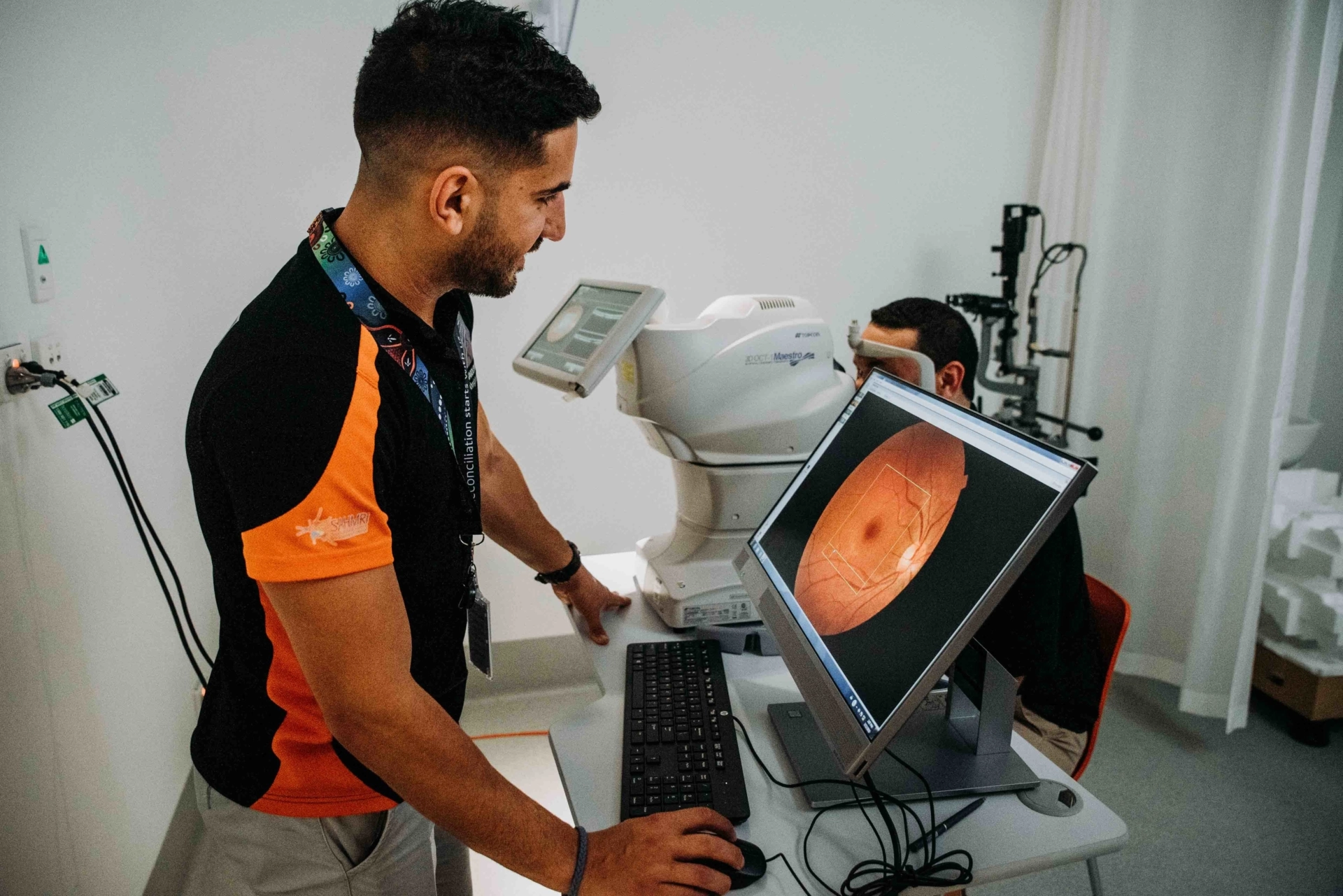Type 2 Diabetes (T2D) is a global epidemic affecting over 400 million people, with an annual cost of over USD 500 billion.
The identification of social, clinical, genetic and behavioural predictors of premature onset of T2D and progression to high cost/high burden complications is a critical target.
This is particularly important for the worlds’ Indigenous peoples. In Australia, up to 30% of the adult Indigenous population have T2D and its prevalence continues to rise. Whilst temporal changes in individual and population level dietary patterns, energy expenditure and ‘obesogenic’ environments and behaviours are important contributors, these factors do not completely explain these trends.

Recent advances in access to and affordability of whole genome and whole exome sequencing technologies has changed the face of research. It has provided unparalleled insights into the inter-relationships between gene, environment and a broad range of transcriptional factors which can be interrogated to better understand vulnerability and pathways to disease. Few of these approaches have been applied to Indigenous peoples and even less has been targeted towards understanding the high burden and severe complications of diabetes. Recently, novel approaches have sought to combine all these methods, through integrative and systems omics, to better understanding complex disease. It is the integration of epidemiological and genomic research that offers new hope to understand the drivers of T2D and its complications and to identify new approaches to prevention among Indigenous Australians.
The overarching aim of the project is to better understand the burden, natural history and propensity for complication development in Aboriginal people with or at risk of T2D; specifically, outlining the social, psychological, behavioural, clinical, metabolic and genomic predictors of disease and complication development utilising advanced, integrated epidemiological and genomic methods.





